Mindful Productivity
I wonder if it's just me, but there was once a time as a child when I often felt that I was more capable than my body was telling me. I didn't quite understand the importance of sleep (or rest at all), and so I thought it was a waste of time when the 24 hours in a day didn't even feel enough. I was only a kid, though, and the extra time I wanted was always going to be spent watching cartoons.
I still think like that, though. I tend to feel that I can do more than I am handling without considering that I am just in a human body after all, and it doesn't have unlimited capabilities. That notion is beginning to change as I grow older and understand better.
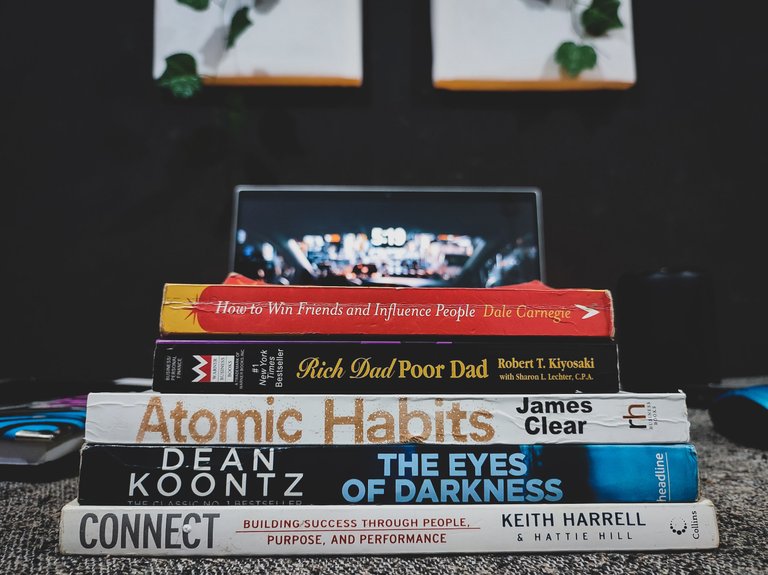
Knowing that I am being productive is a great feeling for me. It brings a sense of accomplishment at the end of the day. Conversely, the feeling of not achieving what had been set out to be done at the end of the day can be a terrible one, especially when you can't even account for what you spent the most of the day doing or perhaps when you realise you had been lazing around.
There have been many days I would wake up feeling like I could have a really good day, and then I would make up a long to-do list. Taking a look at the to-do list, I'd be like, "Let's do this!" You can guess how the story ends. And then, at some point or at the end of the day, I'd consider myself very far from productive and then feel even bummed about it.
Or there are times when I actually get on to something but then feel like I hadn't done enough if I only spent less time that I felt was necessary on it.
Learning from Ali Abdaal's insights on the book Slow Productivity by Cal Newport, I could actually think of productivity in a way that feels good and works, and he shares three core principles from Cal's book.
Do Fewer Things
You know this thing where your phone or PC just seems to be running a little slower because you have too many apps running? The same thing applies to the human mind. And so when you have to do so many things or give time and attention to more than one thing, one could end up underperforming in some of those things.
When I don't have to do so much, it's much easier to do the things that are most important. And so the idea of cramming my to-do list, for example, is such a terrible start for the day.
"Strive to reduce your obligations to the point where you can easily imagine accomplishing them with time to spare. Leverage this reduced load to more fully embrace and advance the small number of projects that matter most." Cal Newport in his book, Slow Productivity.
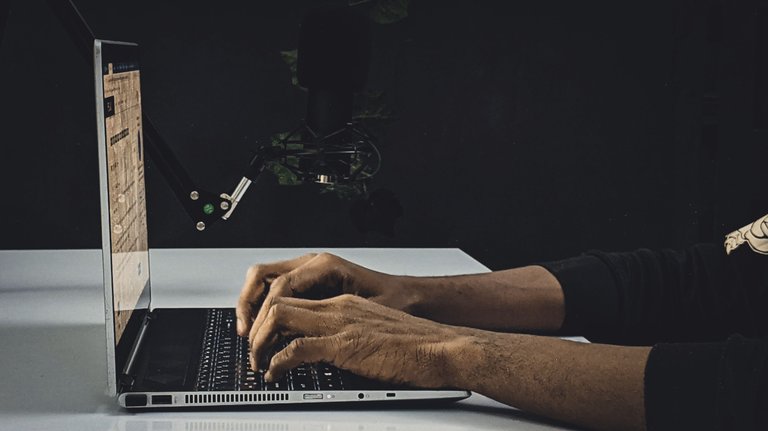
And so I have also been practicing something I like to call "mindful shedding," where I drop things that don't matter much and focus on what's more meaningful to me, and that even extends to my interpersonal interactions.
Ali shared an app—in a separate video—that he uses to manage his to-do list. Todoist. I have been using it ever since I learned about it, and it is surprisingly good. It's smart and intuitive to use. It has cool things, but that's something I'll share in the Digital Lifestyle community soon enough.
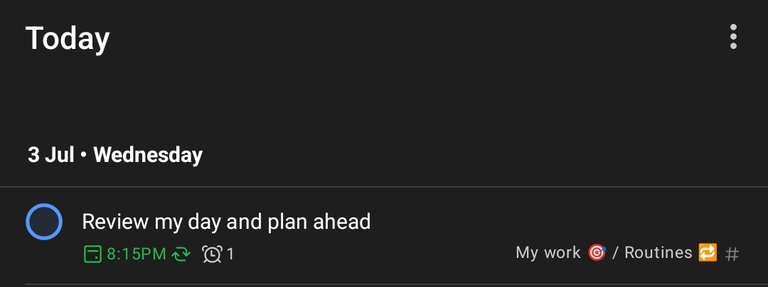
Work at a Natural Pace
This was something that took me a long time to learn, especially when I was studying mechatronics engineering at the university. I didn't know how to study when I first started in my first year, and so I had a really terrible study habit.
There's always a saturation point when you're studying. If you study too long, you'll find yourself only looking at the books or whatever you're studying with and not really learning anything. So the idea of studying for many hours—say, more than four—didn't always prove effective. And it was usually worse when I did that when exams could be in a few days.
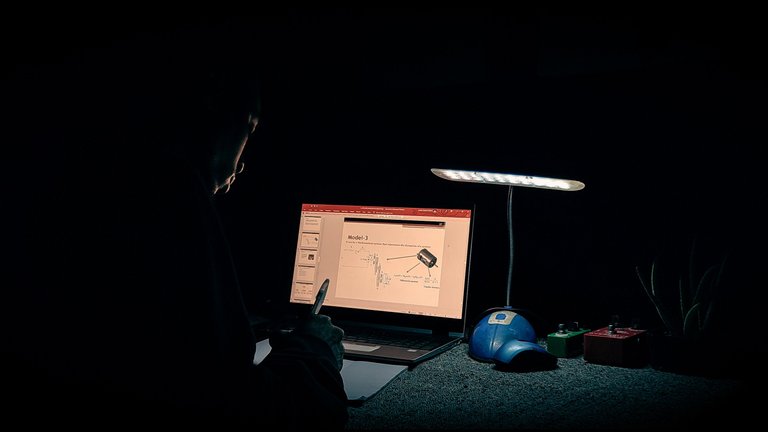
What I found to be more effective was starting out early in the semester and reading as regularly as I could. And even then, I would only study for between 10 minutes and 2 hours. Between classes, I would read a page or maybe more, and that would be it. It all compounds, and I would always cover more than I would with the long-shot methods. Studying in short bursts, at regular intervals, and at a normal pace was far more effective.
And so I hardly ever studied overnight unless we were in time to take the examinations, and that was better for me.
The same could be applied in my day-to-day life. Do fewer things and work at a natural pace.
"Our exhausting tendency to grind without relief, hour after hour, day after day, month after month, is more arbitrary than we recognize. It is often our own anxieties that play the role of the fiercest taskmaster." - Cal Newport.
Obsess Over Quality
I value great quality. I could take a lot more time putting effort into something just so I could take a look at the results and be glad that I did. But this idea of making sure I put in a lot can kind of make it hard to even push through or even start at all.
"Give yourself enough time to produce great results, but not unlimited time. Focus on creating something good enough to catch the attention of those whose taste you care about, but relieve yourself of the need to forge a masterpiece." - Cal Newport
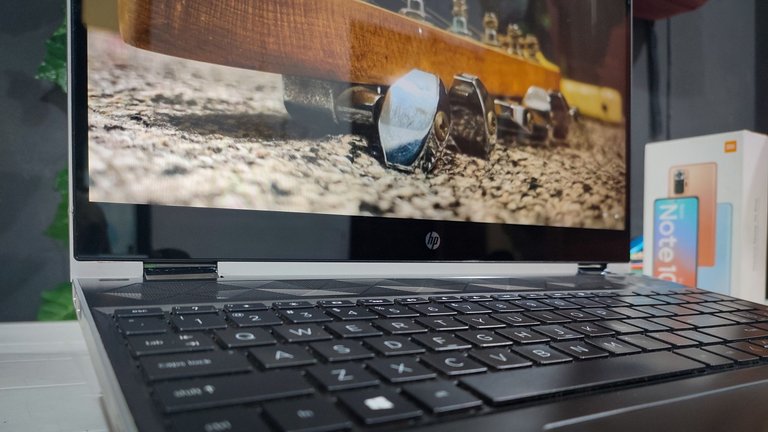
Progress is what matters, not perfection. And this idea is what I'm putting in front these days.
It is good to obsess over quality but "often the difference between good and great is an extra 2 to 4 weeks of effort," as Brendon Burchard puts it.
...
In essence, doing fewer things while working at a natural pace and being keen on quality but focusing on progress is a much better approach to doing things.
Reading books isn't something I've always found natural to do, but Slow Productivity is surely a book I want to read now, so i can learn more from the examples Cal gave in it.
Posted Using InLeo Alpha
I think I like all the core principles of slow productivity. I'm the type that could easily get carried away and my productivity swept under a rug cause I wasn't going about it the right way. It's like being bummed about not achieving your daily goals but knowing that it's a cycle that'll probably repeat itself tomorrow.
Bookmarked this cause it was extremely helpful and I hope to draw more insights as the days progress. You're doing well, Minion.
Not achieving your goals may not be that bad. It's not achieving them everyday and living in that cycle. Feels worse each time... If only there was a hack
You'll make Adam blush now. Thank you, Fangy!
I'll blush on his behalf.☺️☺️
Who's ...il?
We appreciate you taking the time, to either use #ThoughtfulDailyPost, or otherwise help this Community grow. So...
Thank you!!
Thank you, Wes & Grindan!
In essence, doing fewer things while working at a natural pace and being keen on quality but focusing on progress is a much better approach to doing things, a lot said in fee words. Sometimes we become taskmasters to our very self. Wonderful writeup friend, a lot has been learnt. Thanks
We could be a little easier on ourselves and tremendous things may happen. Thanks, mate.